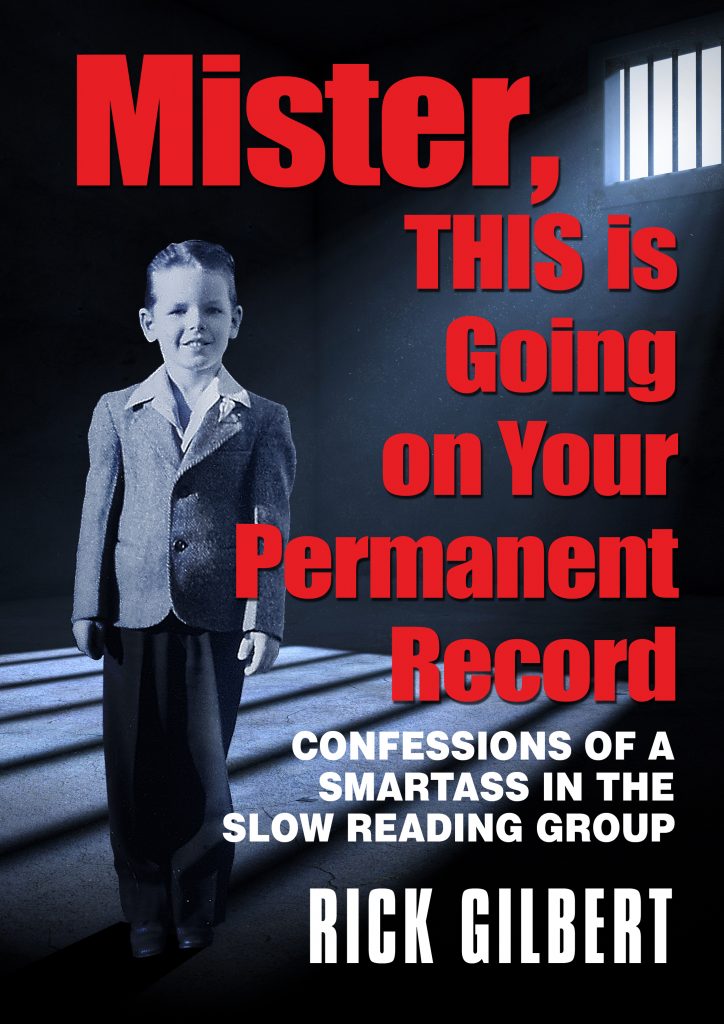Redwood City Photos
Construction cone
Lamppost
Tamar Buckley
Tamar lives in Fremont and supports her three kids with odd jobs. I asked, “Doesn’t holding this sign get boring?” Tamar said, “No. I sing to keep my mind occupied. People hear the songs and come up to talk to me. I meet a lot of interesting people.”
As I walked away, Tamar said, “Have a blessed great weekend.”
Getting Half Way Up the Mountain
Suddenly, my legs stopped working. A moment later, painful cramping. I couldn’t move. Not one step further. I was at 8,500 feet. The wind was picking up,it was 3:30in the afternoon, and I was six miles from the car. My boots didn’t fit right, and my feet hurt like hell. My hiking companions were nowhere to be seen. I was lying on the side of the mountain in serious pain.
We were attempting to reachthe top of10,000 foot Pyramid Peak in the Desolation Wilderness National Forest near LakeTahoe, in one day. I had made the hike up Pyramid several times when I was 12 and13 years old as a Boy Scout. No problem.
I put this trip together with two old scouting friends to see if, as a middle-aged adult, I could do Pyramid again. That day, my two pals (who are my age) made it all the way to the top, but I failed. I was about an hour from the summit when my legs gave out.
After a 30-minute rest, my legs began working again. I reconnected with my companions, and we finally got down the mountain and back to the car. By 10:30 that night I was nursing myself back to health with a shot of scotch and a soak in a hot tub at a nice hotel in Sacramento. But, after months of planning, my dream of seeing Desolation Valley again from the top of Pyramid was shattered. Looking back, I now see this experience as symbolic of other aspects of my life.
Have you ever reached for something you really wanted, and failed? I’ll bet you have. The older I get, the more I see similar scenes repeated in my life and in the lives of colleagues and friends. I see many people whose dreams of greatness, fame, and fortune are never realized. Perhaps it’s a lack of talent, perhaps a lack of persistence, or just bad luck. Who knows? It really doesn’t matter.
The next time you see a good movie, notice the people in supporting roles who you’ve never heard of, and probably will never see again. Think about it. Each of those people, I suspect, has a dream of taking Hollywood by storm. Like some of the big stars, they also went to Yale drama school, studied with Lee Strassberg, paid their dues by putting in yearsinsummer stock –and yet,theywill neverget topbilling. How many youngsters playing high school basketball dream of being Michael Jordan? How many will ever make it to the NBA? Almost none. How many computer hackers dream of starting their own company and becoming the next Bill Gates or Steve Jobs? Many, I would guess. Almost none ever will. How many would-be politicians on local school boards dream of a career in the United State Congress, and are able to do it? Almost none.
Making It Big?
We have built a very successful training company, and the thought runs through my mind, “Why hasn’t The American Society for Training and Development (now, Association for Talent Development) ever asked me to kick off their annual meeting, instead of, say, Ken Blanchard or Tom Peters?”
I mention all this because I see people,myself included, with dreams of success that don’t have a snowball’s chance in hell of ever happening. These fantasies of success are usually unconscious, but they can eat away at our enjoyment of the moment, and at our ability to appreciate what we are already doing successfully. How far up the mountain are you? Do you appreciate what you’ve done so far? Or is there a nagging inner voice of dissatisfaction that keeps saying, “Someday, I’ll make it really big”?
One of the best illustrations of what I’m talking about here comes from the movie “Mr. Holland’s Opus.” Mr. Holland (played by Richard Dreyfuss) is a high school music teacher who believes he has failed because he hasnotrealizedhisdreamofbeing acomposer. After a long teaching career, he is given a pink slip due to funding cutbacks in the musicprogram. As he dejectedly walks out of the building carrying what’s left of his career in a cardboard box, he hears noise from the auditorium. He puts down the box and goesin to see the room filled with his current and former music students. They all rise and give him a long, enthusiastic standing ovation. Of course, he is blown away.
But the highlight comes when a tall, stately red-headed woman who couldn’t play the clarinet when she was his student, but who is now governor of the state comes in. She addresses him in front of his adoring family, colleagues and students and says, “Look around you. We are the music of your life. There is not a life in this room you’ve not touched. Each of us is a better person because of you. We are your symphony, Mr. Holland. We are melodies and notes of your opus.” The curtain then opens to reveal an entire symphony orchestra made up of Mr. Holland’s current and former students. The governor takes her place in the reed section, and the orchestra plays his opus with him conducting and crying. In that moment, Mr. Holland suddenly gets what his life has really been about. It’s not about the failed symphony, it isabout the hundreds of successful music students whose lives he has helped to shape.
Mr. Holland’s Disease
How many of us suffer from Mr. Holland’s disease? Believing that our finest days are ahead of us, or that our big dreams are yet to happen, we don’t live in the moment. We may not appreciate the accomplishments we’ve already had. For most of us, I suspect, it won’t get any better than what is happening right now.
So, am I saying not to dream big? Not at all. I am saying that unrealistic, mostly unconscious fantasies about some distant, wildly successful life can actually make our lives miserable and prevent us from appreciating what we’ve already done. For example, I know several people who’ve spent months, and even years working on book manuscripts with hopes of huge advances and big national book tours. They’ve had no agents, no publishers, or much less been published in local newspapers, for starters. All that time, effort, and hope now sits in a drawer, probably abandoned forever. This is one reason I have such skepticism about the so-called motivational speakers who cajole us that, “If you can dream it, you can do it!” What nonsense.
My plea here is for a reality check. We do what we can do. The media holds out images of great wealth, famous people, and thin waistlines. Many of us unconsciously feel that someday, somehow, we’ll get there. That is why we love stories about unknowns suddenly “being discovered” by some talent scout. Well, it’s unlikely. In fact, it’s not even a worthy goal. Much unhappiness is caused, not by the lofty goals, but by our disappointment at not reachingthem.
In my modest career as a speaker, I have received several standing ovations from small audiences of local organizations. At those moments I imagined myself, suddenly, with a national reputation, a corporate jet, and wild, screaming fans around the world. Pure fantasy. Better to enjoy the heartfelt, brief, standing ovation in this room, at this moment. It simply won’t get any better thanthis.
The View From 8,500 Feet
Our company is successful, though not nationally known. We get very positive feedback about how profoundly our training has impacted people’s lives and careers. My book, PowerSpeaking®, is self-published andnot a national best seller. It will never make it onto The New York Times’ best seller list. At the same time, I am proud of its unique contribution to the field. For me (and, I believe, for others in our group) this is it. This is what we do. We probably won’t get bigger, richer, or more famous than this. And yet, there is enormous satisfaction in what we do.
I learned a lot from my failure to reach the top of Pyramid. At first I was bitterly disappointed. Now, in retrospect, I see what I did accomplish that day. One thing is certain; I am not disappointed I made the attempt.
And, the big take away; the view from 8,500 feet was spectacular.
_______________________________________
This is an essay from my new book, out in March.







Rick, you left out three salient qualities of that day.
1. We approached the mountain from the southwest which was a new route for us. The peak was directly in front of us and we all climbed to the top, and on reaching it realized it was the wrong peak! We were a thousand feet lower than Pyramid Peak, and had to descend a long way, and then start up Pyramid. So you did climb a peak, and found it not what you expected. Gotta be something philosophical about that!
2. You got a long way up Pyramid, then just told us your legs hurt and said you were pooped out. You never whimpered, bitched, or complained. You just said you’d wait for us, and did. It was enough for you. Gotta be something philosophical about that too!
3. You had 3 companions, 2 of us old scout buddies, and my 15 year old daughter. She and I went to the top alone. Winds gained strength as we climbed and made balancing from one big rock to the next challenging. My daughter was fearful, and determined. We did the last few hundred feet on all fours. At the top the view was crystal clear, inspiring, and my daughter elated! Me too!
Thanks for the recollection!
Michael Joyce
Passion is a young man’s game. Young people can be passionate. Older people gotta be more wise. I mean, you’re around awhile, you leave certain things to the young. Don’t try to act like you’re young. You could really hurt yourself.
— Bob Dylan
Hey Rick –
I can relate, because I never got to play in the NBA, the NHL, the NFL, MLB, or WCF.
But I did get to serve for many years on the PowerSpeaking Advisory Board, and we all had many, many Mr. Holland-esque moments together.
Looking forward to the release and book signing party for Mister, This is Going on Your Permanent Record!